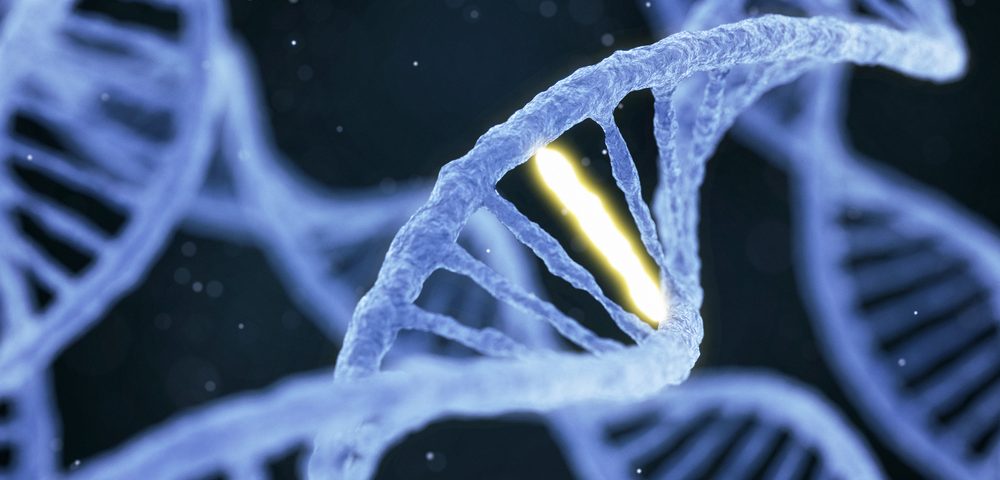Mutations in a protein involved in DNA damage repair may be key for melanomas to remain undetected by the immune system. Such mutations lead to the recruitment of pro-tumoral macrophages and halt the recruitment of tumor-killing T-cells, creating an immunosuppressive environment that promotes tumor growth.
The findings may explain why certain melanoma patients do not respond to immune checkpoint inhibitors, and may help develop better immunotherapies for patients with such mutations.
The study, “ATR Mutations Promote the Growth of Melanoma Tumors by Modulating the Immune Microenvironment,” was published in Cell Reports.
While melanomas accumulate a high burden of mutations that would facilitate their recognition by the immune system, many melanoma patients fail to respond or relapse while taking immunotherapy drugs.
Now, findings from researchers at the University of California, Irvine, suggest that ATR mutations may be partially responsible for the resistance to immune checkpoint inhibitors.
“Cancers develop not only because they acquire mutations that promote their growth but also because they are able to prevent the immune system from recognizing and removing them,” Anand K. Ganesan, MD, senior author and associate professor of dermatology at the University of California, Irvine, said in a press release. “Understanding how developing tumors interact with the immune system to promote their continued growth is a key to developing effective immunotherapies.”
The ATR protein kinase is a major component of the DNA damage repair pathways, and is essential for the survival of human cells. Since patients with defective DNA damage repair pathways are at increased risk of developing melanoma, researchers sought to assess whether this was the case for ATR mutations.
Nearly 7% of tumors included in The Cancer Genome Atlas, a large database of tumor genomes, had mutations in genes that affect the ATR pathway.
In mice models of melanoma, those genetically engineered to bear ATR mutations had accelerated tumor growth and metastasis. This occurred because ATR mutant tumors recruited pro-tumoral macrophages while repelling T-cells important for the anti-tumor response.
The findings suggest that ATR mutations in tumor cells, allows them to create an immunosuppressive environment that allows immune evasion.
Identifying melanoma patients with ATR mutations may help determine which will effectively respond to immune checkpoint inhibitors commonly used to treat melanoma.


